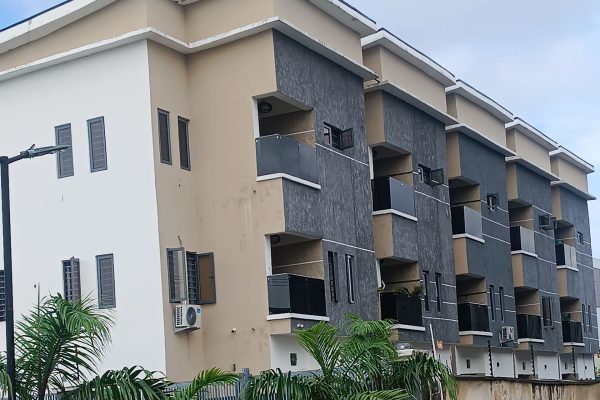Investing in Lagos, Nigeria can be a lucrative opportunity, but it also comes with certain challenges and risks. Lagos is one of the largest cities in Africa and the economic hub of Nigeria, making it an attractive destination for investors. However, it’s important to conduct thorough research and due diligence before making any investment decisions. Here are some key points to consider:
- Economic Overview: Understand the economic climate in Nigeria and Lagos. The country’s economy is largely dependent on oil, which can be volatile due to fluctuating oil prices. However, Lagos has a diverse economy with sectors such as finance, telecommunications, real estate, and entertainment showing significant growth.
- Market Research: Research the specific industry or sector you are interested in. Lagos has a burgeoning tech sector, a growing middle class, and a rising consumer market, making it attractive for various types of investments.
- Legal and Regulatory Framework: Familiarize yourself with Nigeria’s legal and regulatory environment. Nigeria has specific rules and regulations governing foreign investments. You may need to register your business, obtain permits, and comply with local tax laws.
- Political Stability: Nigeria has faced political instability in the past. Stay informed about the political situation and its potential impact on your investments.
- Infrastructure: Consider the state of infrastructure in Lagos. While it has improved over the years, there are still challenges in areas such as transportation, electricity, and water supply. Some investors choose to invest in projects aimed at improving infrastructure.
- Security: Lagos, like many large cities, has its share of security concerns. Be aware of the safety of your investments and consider measures to mitigate risks.
- Currency Risk: Nigeria’s currency, the Naira, can be subject to fluctuations. Be prepared for potential currency risks and consider strategies to hedge against them.
- Local Partnerships: Building relationships with local partners and stakeholders can be invaluable. They can help navigate the local business landscape and provide insights into market trends.
- Due Diligence: Conduct thorough due diligence on any potential investment opportunities. This includes financial analysis, legal reviews, and risk assessments.
- Diversification: Consider diversifying your investments to spread risk. Diversification can help protect your portfolio from the ups and downs of specific sectors or industries.
- Taxation: Understand the tax implications of your investments. Nigeria has its tax system, and you may need to work with local tax experts to ensure compliance.
- Exit Strategy: Have a clear exit strategy in mind. Knowing how and when you can exit your investment is crucial for long-term planning.
- Local Knowledge: It’s advisable to work with local advisors or consultants who have a deep understanding of the Lagos business environment.
Remember that investing in emerging markets like Lagos can be rewarding, but it also carries higher risks compared to more established markets. It’s essential to carefully assess these risks and be prepared to adapt your strategy as circumstances evolve. Consulting with financial and legal experts who specialize in Nigerian investments can also be a wise move to navigate the complexities of investing in Lagos, Nigeria.
Related Articles
2 Comments
Comments are closed.










The point of using Lorem Ipsum is that it has a more-or-less normal distribution of letters
The point of using Lorem Ipsum is that it has a more-or-less normal distribution of letters